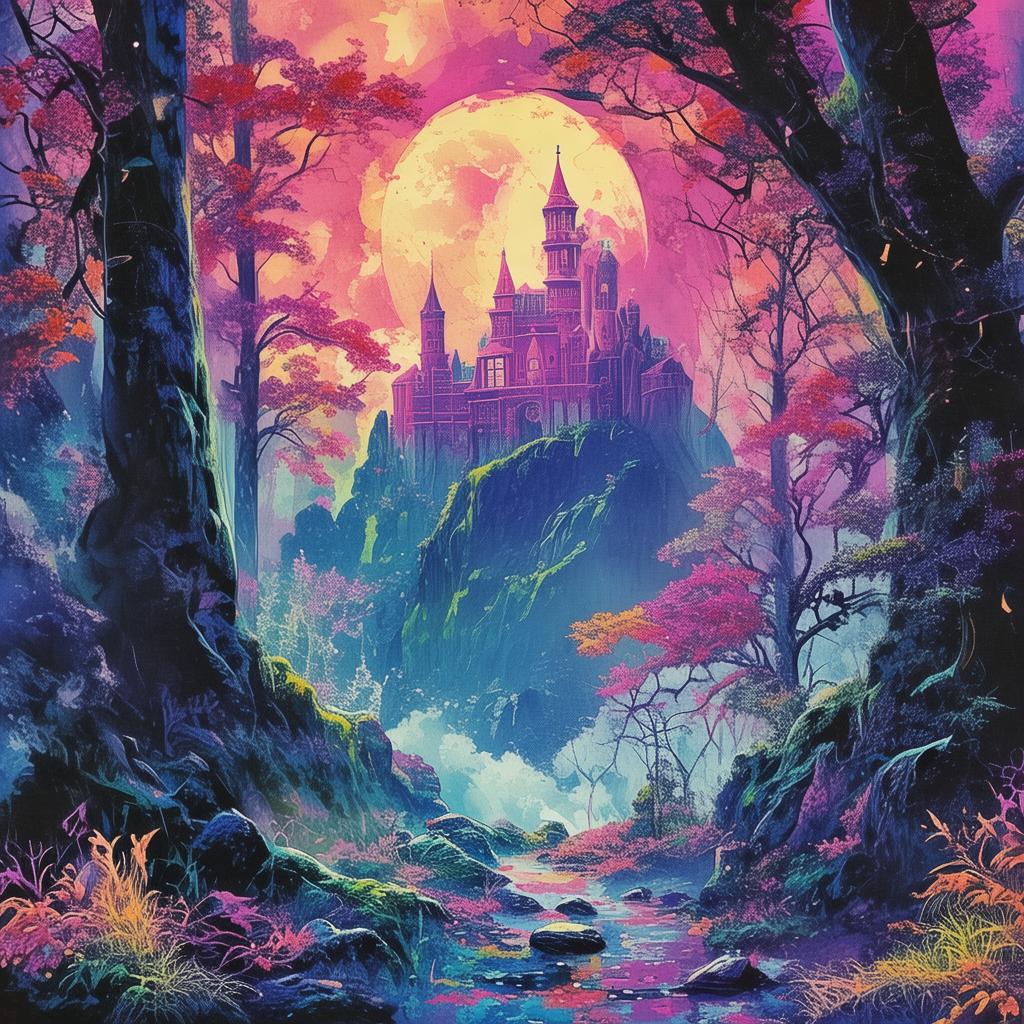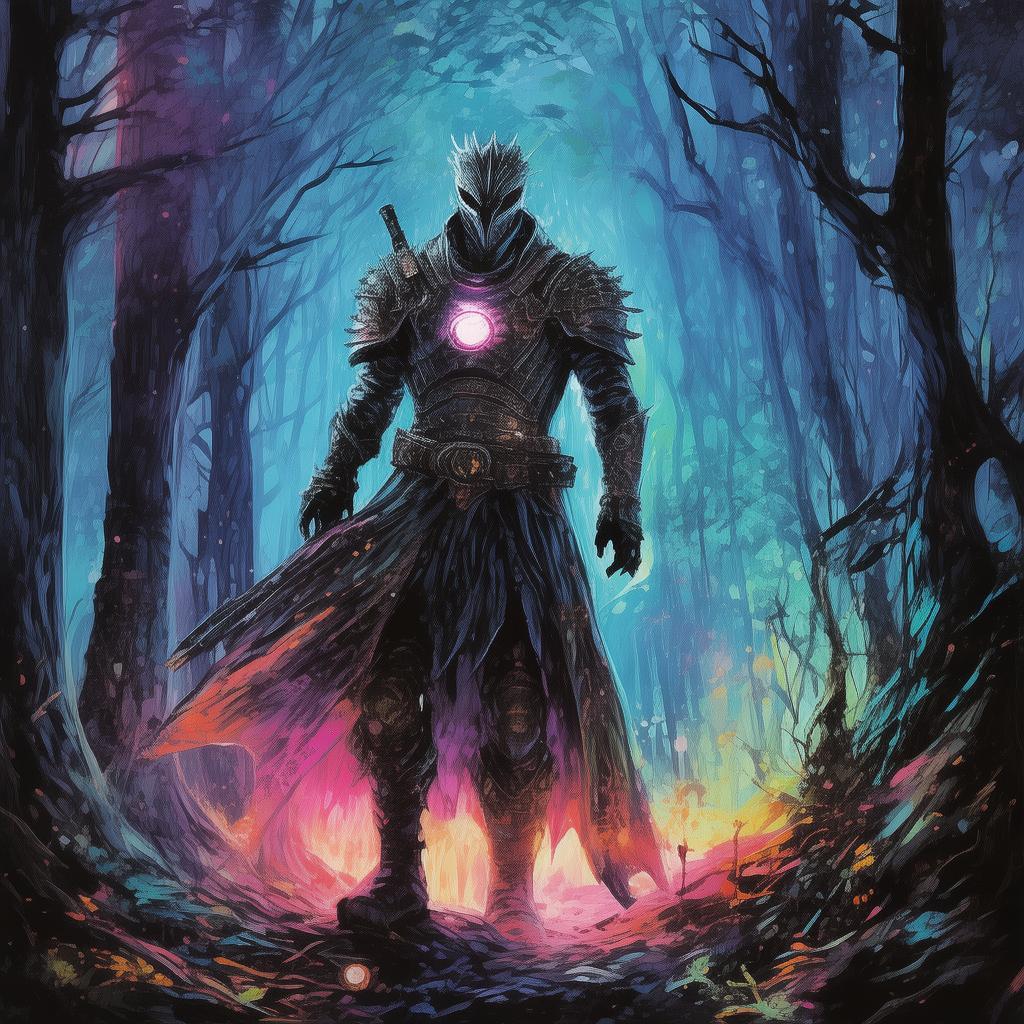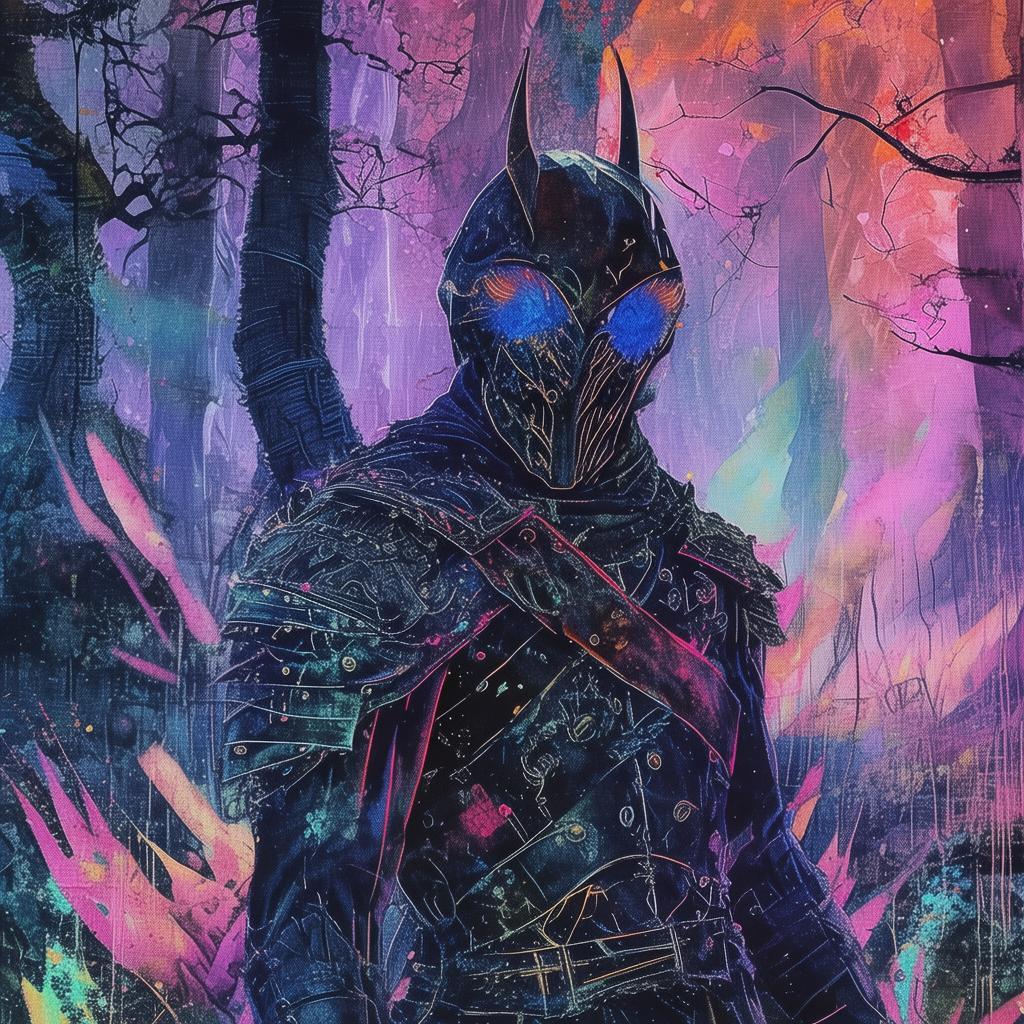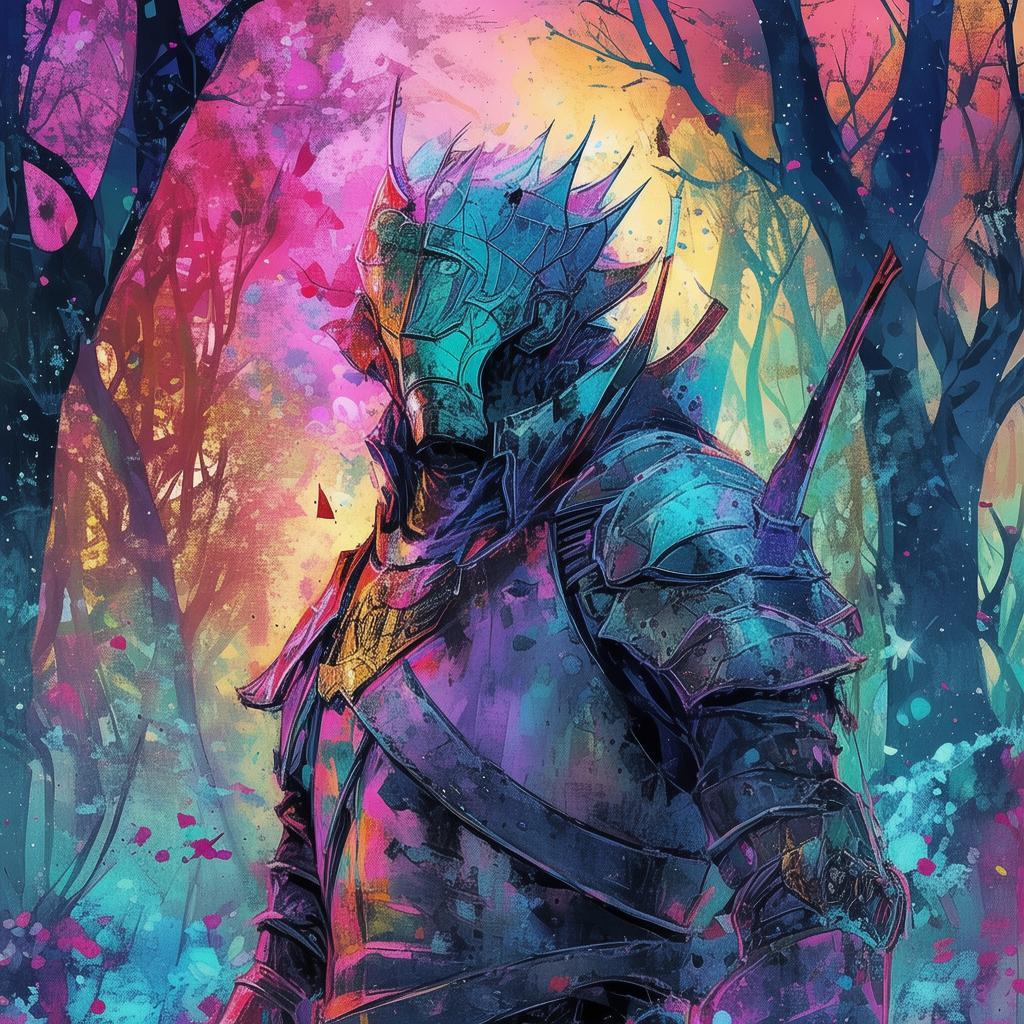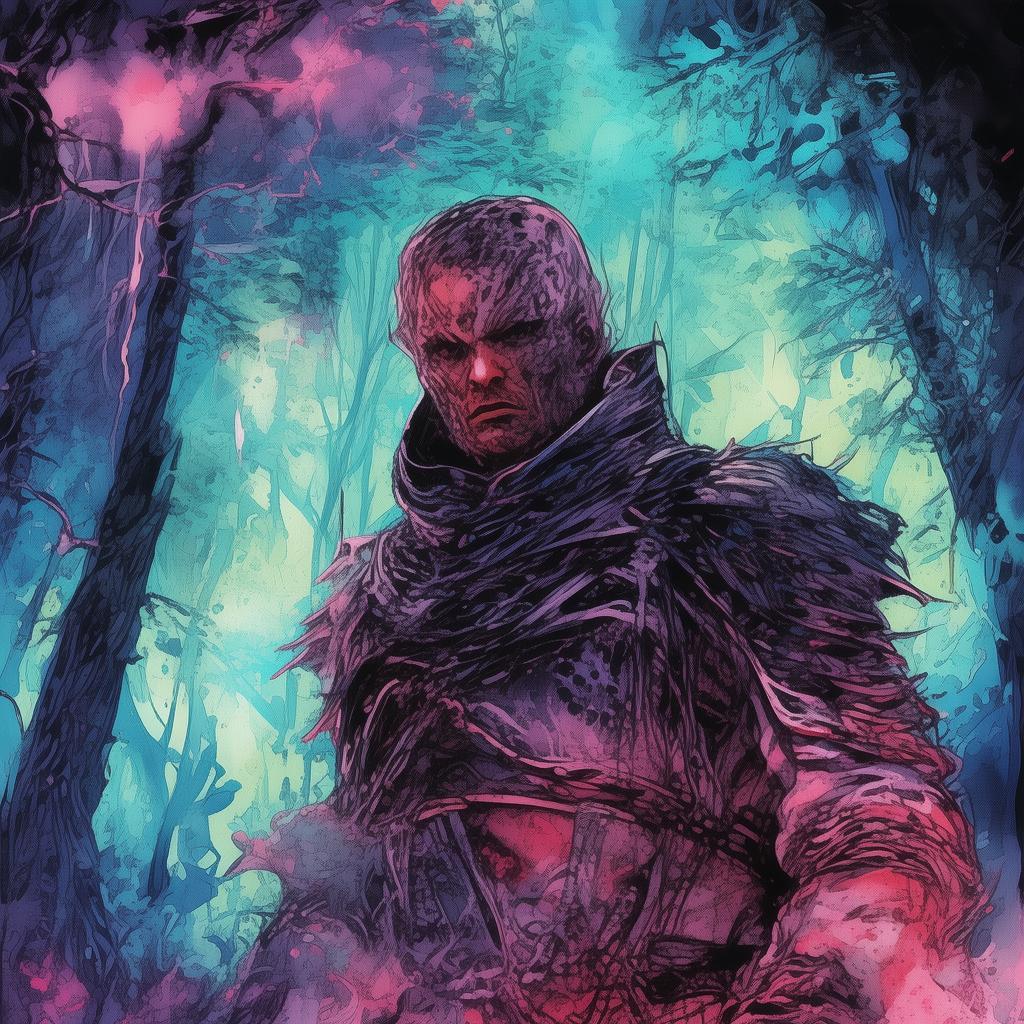The Shadow of the Golden Throne
In the heart of the Mongolian steppes, where the sky kisses the earth, and the wind whispers ancient secrets, lay the tombs of Genghis Khan. These tombs, veiled in mystery and whispered about in hushed tones, were the final resting place of the greatest conqueror the world had ever seen. The legacy of Genghis Khan was one of power, but it was also a legacy of intrigue, as his descendants vied for the golden throne that symbolized the ultimate authority.
The story begins with the young prince, Temujin, the direct descendant of Genghis Khan, who has been raised to believe that he is the chosen one to continue the Khan's legacy. Temujin is a man of ambition, yet he is haunted by the shadow of his ancestors' power. His uncle, a cunning and ambitious ruler, sees Temujin's rise as a threat to his own claim to the throne.
In the depths of the tombs, there lies an enchanted amulet, said to be the key to unlocking the true power of the Khan. It is adorned with precious gems and etched with arcane symbols that whisper tales of ancient battles and forgotten secrets. The uncle, driven by greed and a desire for absolute power, sends his most loyal assassin, a shadowy figure known only as the Blade, to retrieve the amulet.
The opening scene is a confrontation in the heart of the tombs. The assassin, with a blade as cold as his heart, confronts Temujin. A tense exchange ensues, filled with suspense and the threat of violence. Temujin, though young and untested, stands his ground, his eyes burning with a fierce determination.
"I am the Khan's descendant," Temujin declares, his voice steady despite the danger. "No one takes what belongs to me."
The Blade's eyes gleam with malice. "Power is fleeting, prince. It is mine for the taking."
Before the assassin can strike, a voice breaks the silence. "Stop!"
It is the voice of Aisha, Temujin's loyal advisor and the keeper of the tombs. She steps forward, her presence commanding respect. "The amulet is not just a relic; it is a living entity, bound to the will of the Khan. It will not be taken by force."
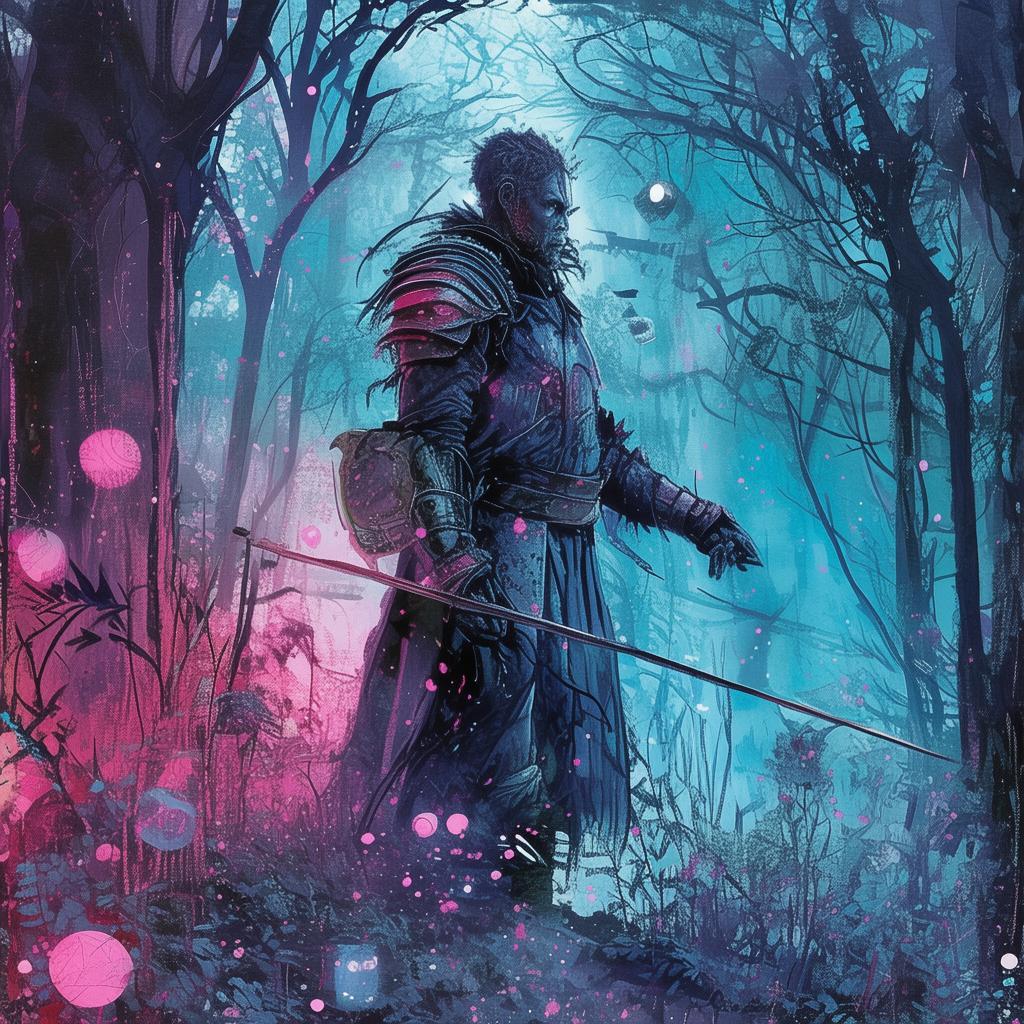
The Blade hesitates, a flicker of doubt crossing his face. He turns to leave, but Temujin calls him back. "What is the true nature of this amulet?"
Aisha steps closer, her eyes reflecting the ancient secrets of the tombs. "The amulet is the Khan's soul, trapped within a physical form. It can grant immense power to those who wield it, but it comes at a great cost. The Khan warned that the amulet would bring chaos upon the land."
As the political intrigue unfolds, Temujin must navigate a treacherous landscape of betrayal and deceit. His closest advisors are not what they seem, and his uncle's influence stretches far and wide. Temujin's quest to uncover the truth about the amulet leads him to a secret society that has been protecting the Khan's legacy for centuries.
The society, known as the Order of the Serpent, is a group of elite warriors and scholars who have dedicated their lives to preserving the Khan's teachings and power. They believe that the amulet is a catalyst for a new age of enlightenment, but they also recognize the danger it poses if it falls into the wrong hands.
As Temujin delves deeper into the mystery, he discovers that the amulet is not just a physical object but a symbol of the Khan's vision for a united world. It is a testament to the Khan's dream of harmony and peace among the many nations he conquered.
The climax of the story occurs when Temujin and the Order of the Serpent face off against the uncle and his forces in a final, epic battle. The tombs become a battlefield, and the amulet is at the center of the conflict. As the uncle tries to seize the amulet, Temujin must make a choice that will determine the fate of his people and the legacy of Genghis Khan.
In a twist that leaves readers breathless, Temujin realizes that the true power of the amulet lies not in its ability to grant immense power but in the wisdom and compassion it embodies. He chooses to reject the amulet, understanding that true leadership comes from within and not from an external symbol.
The ending of the story is bittersweet. Temujin's uncle is defeated, but the cost is great. The Order of the Serpent is shattered, and Temujin is left to rebuild the trust among his people. The amulet, returned to its resting place, remains a symbol of the Khan's legacy, a reminder that power is a gift to be used wisely.
In the shadow of the Golden Throne, Temujin emerges not as a conqueror but as a leader, a man who understands that true strength comes from unity and compassion. The legend of Genghis Khan lives on, not through conquest, but through the legacy of a prince who chose peace over power.
✨ Original Statement ✨
All articles published on this website (including but not limited to text, images, videos, and other content) are original or authorized for reposting and are protected by relevant laws. Without the explicit written permission of this website, no individual or organization may copy, modify, repost, or use the content for commercial purposes.
If you need to quote or cooperate, please contact this site for authorization. We reserve the right to pursue legal responsibility for any unauthorized use.
Hereby declared.
